Migrating is not a crime (HASTHAG)
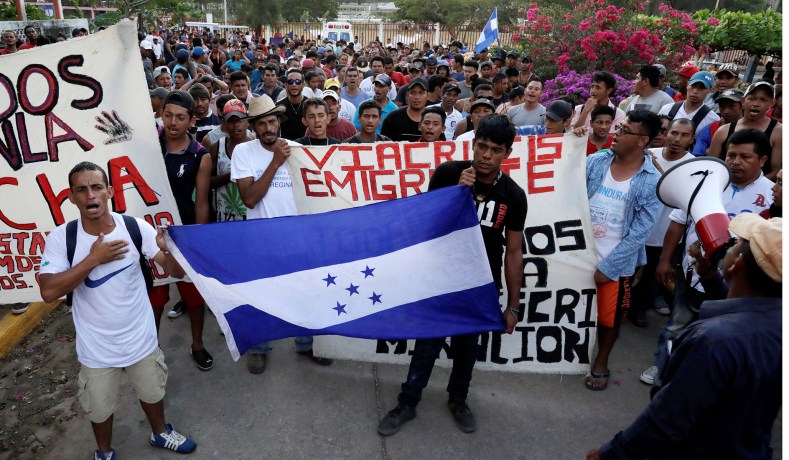
Reposts on Facebook and one of the biggest humanitarian crises yet faced by the Central American Region
By Maryoriet R.Salgado, junior researcher at ZEF
I woke up today, to several reposts on facebook, as it usually happens after any crisis event. Coming from Honduras, it is not an uncommon phenomenon, it may only vary on topic and date. You can take your pick, from corrupted elections, student riots, femicides and to today’s topic, the unfortunate rampant flow of migrants as the latest news. I am used to (and often partake) on the venting and ranting through social media as a means to search for information about the latest troubling update. Finding very few opinions, let alone analysis, and always concluding into a two-way battle or debate among the most right and most left minded of my facebook friends.
This time I bumped into actual conspiracy posts. The opinions essentially considered this specific number of migrants as another political stunt. People, mostly from a right mind set, believe that our former president, who lived a coup d’etat in 2009 and is now head of the left-wing movements of the country was responsible for offering payments to this people if they migrated. Other more left-wing thinkers are pointing fingers (digitally) to the actual president, who is also said to be involved in these whole theatrics.
Hey, don’t get me wrong, either version of the story sounds very believable if you consider Honduran political history.
But do you know who I am thinking about? THE ACTUAL MIGRANTS.
Yes, a week ago, after a post published on social networks that incentive migration to the United States, over 4,000 Hondurans from the city of San Pedro Sula left all belongings aside and decided to partake in the most traveled route. Hondurans left in a “CARAVANA de MIGRANTES”, as the news call it, which is Spanish means the parade of migrants. But this crisis is neither recent nor temporary. Migration is a historical phenomenon. Product of many causes such as foods insecurity, lack of freedom, unemployment, displacement due to conflict, among many other variables that us as Hondurans understand. This is an actual national and humanitarian crisis. To blame these rampant flows of Honduran families on just political motivations, is naive and it is irresponsible. This diminishes the real problem and it leaves those ones that matter most outside of the story that has yet to be told.
You know who would leave their country at any time and date? Any of the 60 percent of the population that is living in extreme poverty and is daily threatened by gang control and dispute. Currently, Honduras ranks 104th out of 157 countries in progress toward meeting the Sustainable Development Goals (SDGs) (Sachs et al. 2017). Challenges to development in Honduras include a high level of insecurity, drug trafficking, and corruption (WFP 2017). Honduras also has one of the highest homicide rates in the world, which costs an estimated 10 percent of GDP (World Bank 2017).
Something BIG is happening, people are afraid to stay home. People are seeking asylum in the United States for “credible fear” proving that returning home would endanger their life. In the 2012 fiscal year, there were 13,880 credible fear requests, and the vast majority was considered justified. In 2017, the largest number of credible fear requests came from citizens of Guatemala, Honduras and El Salvador, three countries with high rates of gang violence.
Yes, this is a highly mediatized news and most probably politics played a big role, but next time we repost and decide to battle on social media against one of the many corrupt political figures, let’s focus on who must play the central role on the stories we decide to tell (or re post). Making them important is taking the attention off the actual news. In this case, our country’s news is pointing to a very structural and widespread problem that entails overall lack of access, food insecurity, education and violence.
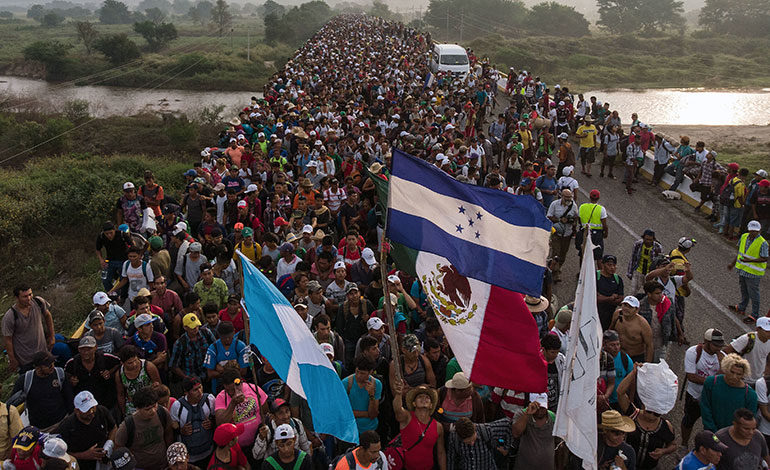
Please note: Authors in the ZEF blog express their own opinions. Ideas and views reflected in this blog do not constitute ZEF’s official position per se.



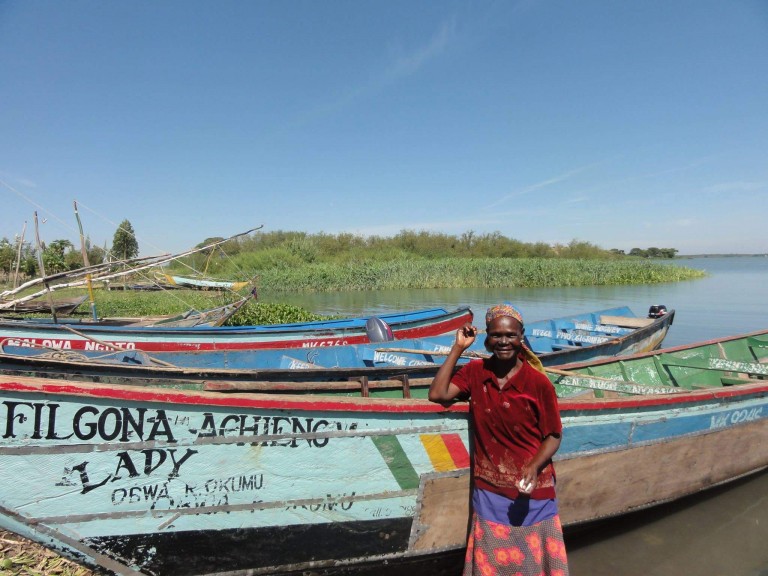

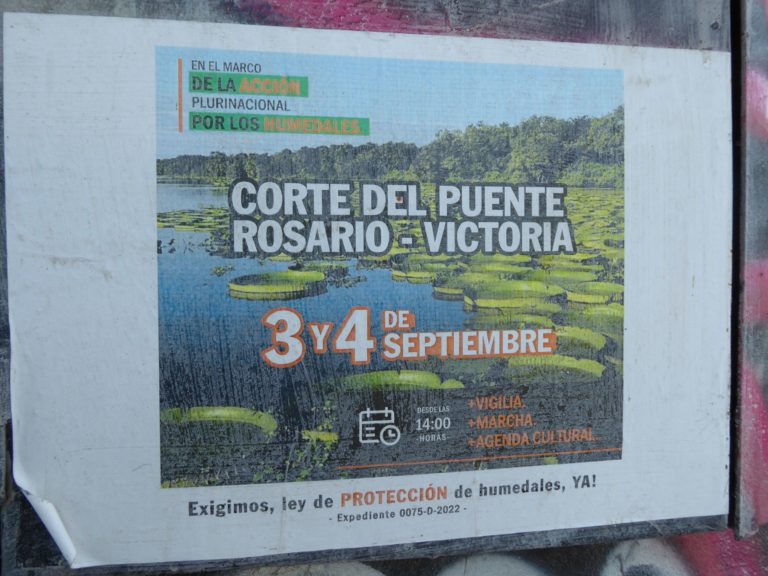
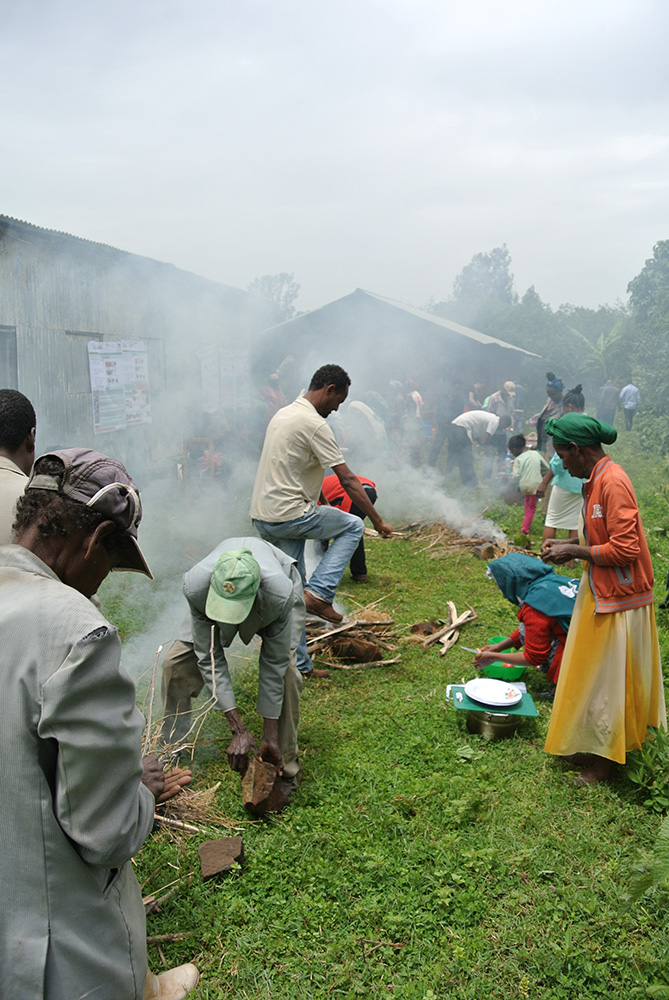
When the focus is only on discovering the reasons behind events, we distance ourselves from the suffering and emotions of the people who are there. Thank you for reminding us of what is most important! More empathy to all of us!